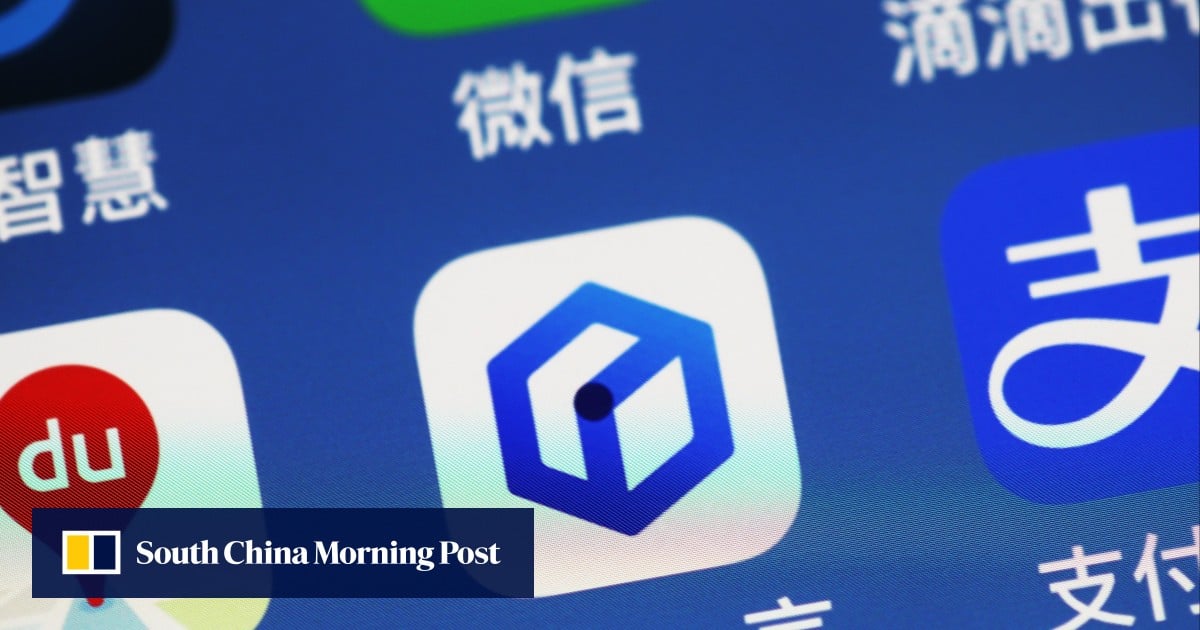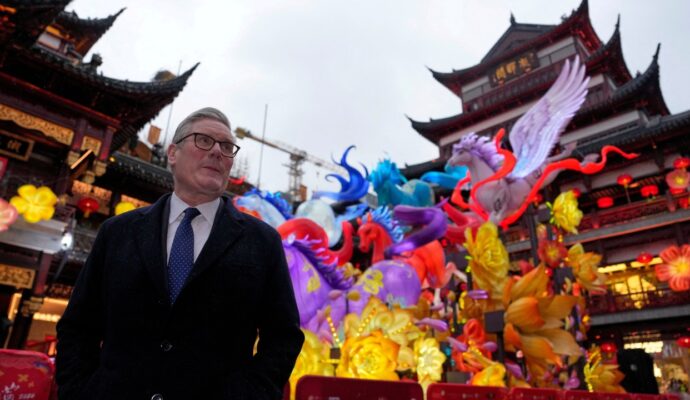
Chinese regulators said they will take an “inclusive and prudent” attitude towards generative AI services and implement a “graded” regulatory approach. The other regulators involved in the draft rules include the National Development and Reform Commission, the Ministry of Education, the Ministry of Science and Technology, the Ministry of Industry and Information Technology, the Ministry of Public Security, and China’s broadcasting authority.
Under the new regulations, generative AI service providers must “adhere to core socialist values” and not generate any content that “incites subversion of state power and the overthrow of the socialist system, endangers national security and interests, damages the image of the country, incites secession from the country, undermines national unity and social stability, promotes terrorism, extremism, national hatred and ethnic discrimination, violence, obscenity and pornography”.
More generally, AI models and chatbots should not generate “false and harmful information”.
China-developed chatbots and AI models already have embedded functions to make sure that generated content is free of unwanted information. For example, Zhong Hongyi, chairman of 360 Security Technology, was careful to outline the firm’s chatbot self-censorship function in a presentation, showing that if a user inputs a “sensitive word”, the chatbot will end the conversation immediately.
In terms of algorithm design and training data selection, China regulators require that service providers avoid any discrimination based upon ethnicity, faith, country, region, gender, age, occupation and health, and to respect intellectual property rights.
According to the new regulation, China also encourages “innovative application of generative AI technology” as well as “positive, healthy content”.
The regulation aligns AI development with China’s political and economic priorities, following its 2021 regulation on recommendation algorithms and the 2022 regulation on deep synthetically-generated content, which Beijing requires to be labelled as “synthetically generated”.
Xia Heilong, a lawyer at Shanghai-based law firm Shen Lun, said “the core regulatory thinking [in the new regulation] is consistent with China’s overall cyberspace regulatory view” with an emphasis on content compliance and adherence to core values, personal information protection, and the obligation to prevent infringement.
At the same time, Xia noted that China is trying to regulate public-facing AI services, instead of AI technologies per se. For instance, AI-based services that are intended for industrial use or internal corporate use, are not covered by the regulation, Xia said.
The new regulations are in line with the China Cybersecurity Law, China Data Security Law and Personal Information Protection Law, according to the document published by CAC on its official website.
The new rules also stipulate that generative AI service providers must stop operations and report illegal activities if they find that users are employing the AI to produce illegal content on their platforms. AI services providers must also set guardrails to prevent minors from becoming addicted to such services.


